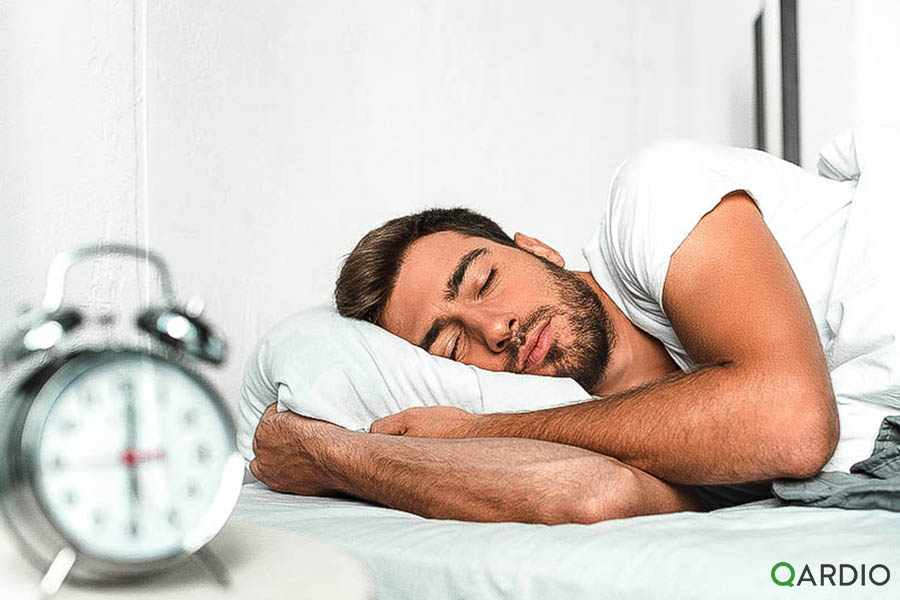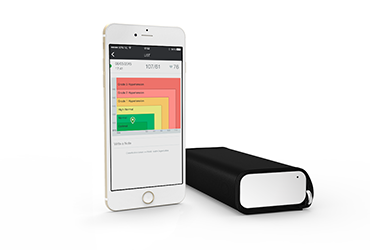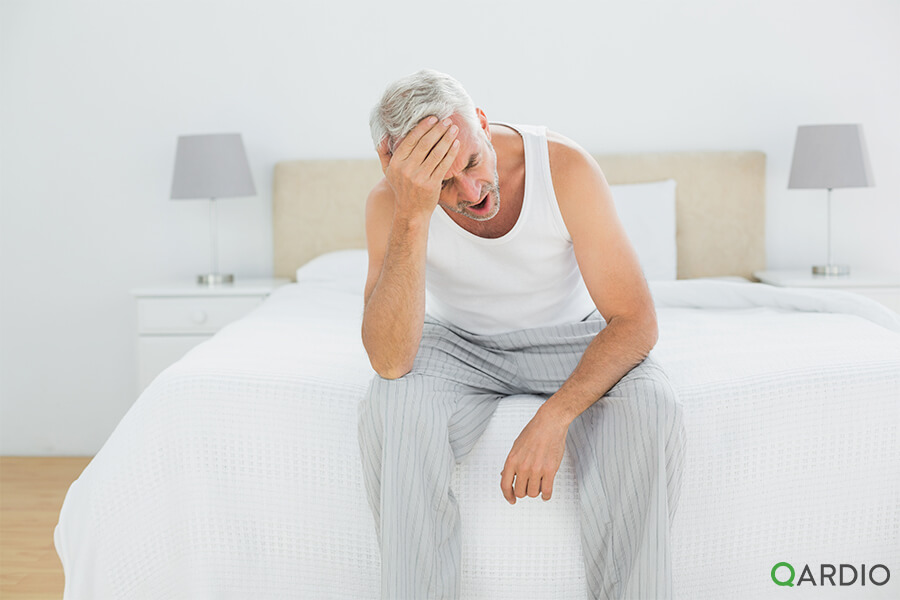Sleep deprivation and high blood pressure: a link you don’t want to ignore
The average adult needs at least seven hours of sleep, yet statistics from the Centers for Disease Control and Prevention show that anywhere from 28 to 44% of adults in the United States regularly get less. Unfortunately, the less sleep you get, the greater your risk of developing high blood pressure.
What does sleep have to do with high blood pressure?
Your blood pressure directly responds to sleep loss along with a whole host of negative side effects. A 2010 study conducted amongst 538 middle-aged adults found that sleep deprivation was a reliable predictor of increased blood pressure levels. The results remained consistent even after being adjusted for age, race, sex, and presence of high blood pressure medication. In these cases, both shortened sleep duration and poor sleep quality contributed to the increase in blood pressure readings.
In part, sleep deprivation’s effects on the mental and emotional state shed light onto the forces at work. Without enough sleep, the brain becomes more sensitive to negative thoughts and feelings, which causes an increase in stress hormones like cortisol that naturally cause a rise in blood pressure.
What are the most common causes of sleep deprivation?
There’s no single cause of sleep deprivation and usually, there are a number of interacting factors, but some of the most prevalent include:
1. Stress
Stress contributes to both sleep loss and high blood pressure. Stress can come from any number of sources. The growing use of technology and access to information, professional pressure to excel, and increased financial burdens are only a few of the stress-causing possibilities. If your stress levels are high, there’s a good chance they’re contributing to your sleep or blood pressure problems.
2. Poor Sleep Habits
The sleep cycle is highly responsive to environmental conditions and personal behaviours. Poor sleep habits like an irregular bedtime, late-night meals, and nighttime use of electronics can all interfere with the release of sleep hormones and delay the sleep cycle.
3. Undiagnosed Sleep Disorders
While there are many sleep disorders that go untreated and undiagnosed, sleep apnea has shown a particularly close connection to high blood pressure. This breathing disorder causes oxygen levels to fluctuate throughout the night, putting a higher strain on the cardiovascular system. However, once diagnosed, it can be treated at home with a CPAP machine, which can drastically improve the quality and quantity of your sleep.
How can I improve my sleep?
Changes in your habits and sleep environment can positively impact your sleep. Start by:
1. Setting a bedtime
The human body is built to run on predictable routines. A regular bedtime allows the brain to adjust the release of sleep hormones to fit your schedule.
2. Developing a stress-relieving bedtime routine
Reduced stress levels can help you fall and stay asleep faster. Use your bedtime routine to relax before lying down for the night. For a more effective routine, try meditation or gentle yoga poses to bring your heart rate and blood pressure down.
3. Exercising regularly
Exercise benefits your sleep and blood pressure by improving heart health while helping to regulate weight, yet another contributor to high blood pressure. Exercise also tires the mind and muscles in preparation for sleep.
4. Eating healthy and smart
It’s not just what you eat—a well-balanced diet consisting of fresh fruits, vegetables, and lean meats— but when you eat it. Meal timing contributes to the regularity of your sleep cycle so try to eat evenly spaced meals at roughly the same time each day.
Sleep isn’t a luxury; it’s a necessity you can’t do without. Adequate sleep goes hand in hand with a healthy diet and regular exercise to control blood pressure. It might take time and effort to make the changes that can improve your sleep and lower your blood pressure, but the health benefits are definitely worth it.
Guest post contributed by Tuck Sleep




